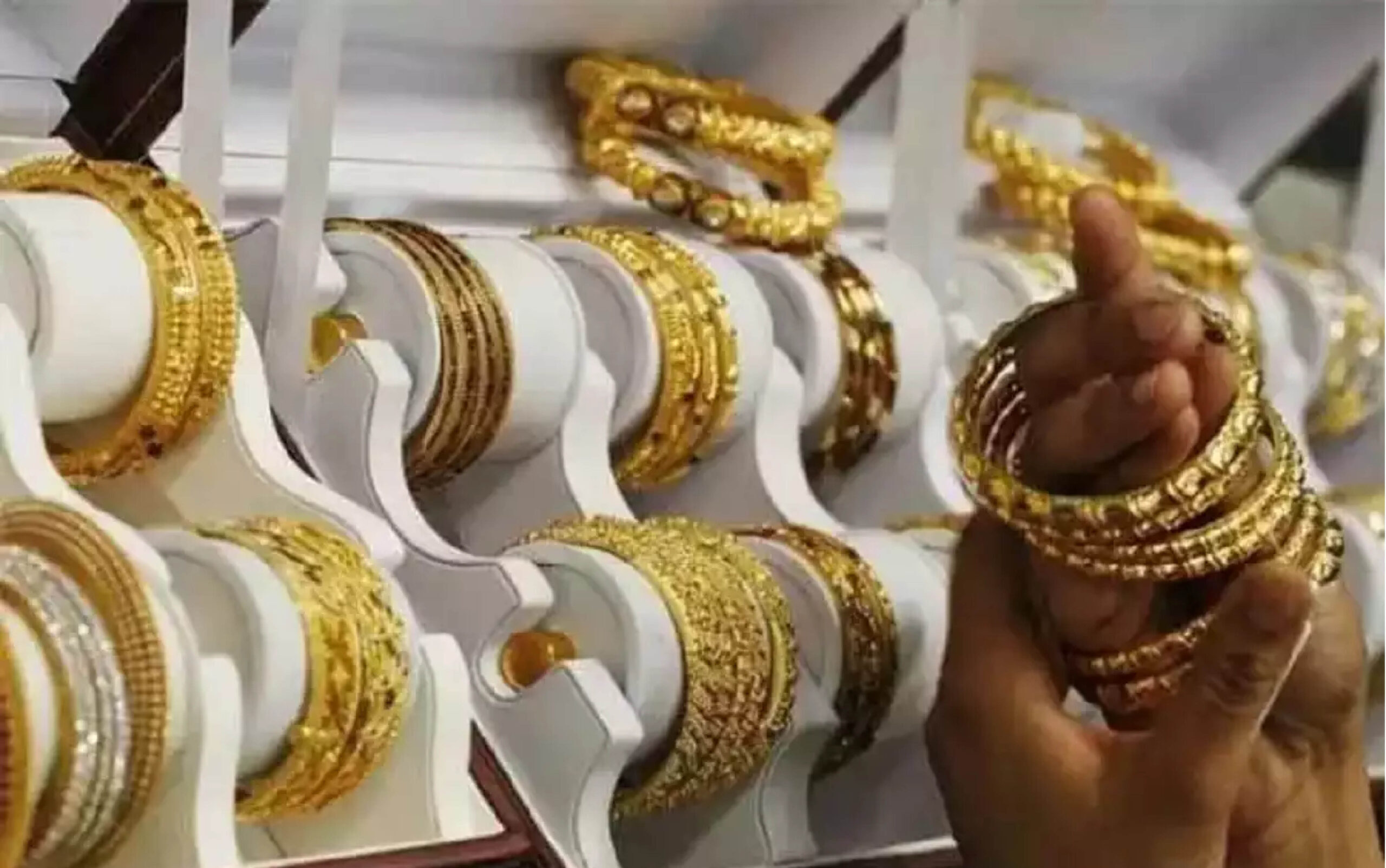Gold prices have eased from their peak of mid-April, likely due to profit taking. Nevertheless high gold prices prevailed, ending April up 4% on the back of an 8% rise in March. Since mid-April1 gold prices have moderated 1% and have risen by 15% so far this year, trading at over US$2,350/oz at the time of writing.2 Domestic landed gold prices in India3 have followed the movement of international gold prices owing to the relative stability of the INR vs the US dollar.
Festival alongside price moderation stimulates demand
After a generally weak March and April, there was a resurgence in gold demand ahead of and around the Akshaya Tritiya festival on 10 May. Considered one of the two most important days for buying gold traditionally, anecdotal evidence suggests that demand exceeded expectations, with strong activity observed in both urban and rural areas; some industry participants even hinting at record buying in value terms.
Anecdotal accounts from jewellers and various industry stakeholders suggest that there was significant pre- booking of gold jewellery, bars and coins well before the festival, as consumers took advantage of the moderation in price from its April peak. Additionally, there was notable demand for wedding jewellery – typically heavier pieces – despite the busy wedding season being some months away. Consumers were apparently bringing forward their wedding purchases in anticipation of further price rises in the near future. Demand for bars and coins, particularly among younger age groups, was reportedly robust, reflecting favourable consumer attitudes toward gold as an asset.
Anecdotal reports from jewellers suggest that the value of sales during the festival was appreciably higher compared to the previous year, with healthy volumes. This growth occurred despite the festival lasting longer last year in some regions4 and gold prices being 20% higher, suggesting that consumers likely accepted gold’s higher price and may have a positive view of its trend.
However, the likelihood of the continuation of such demand is low with consumers making purchases around festivals. Overall buying activity is expected to be restrained.
Rising consumer interest was reflected in the reduced discounts on domestic gold prices in relation to international prices. India’s gold price discounts averaged US$3/oz in the first fortnight of May, down from US$10/oz in April.
RBI enhances its gold stockpile
The RBI is consistently bolstering its gold reserves. According to RBI data and our own estimates, its gold holdings reached a new peak of 828.6 tonnes at the beginning of May.6 After adding 5.6t in April,7 RBI has now made a net acquisition of gold bullion equivalent to 25t since the start of the year. On average, the RBI has been purchasing around 6t of gold per month this year. The central bank’s net gold acquisitions in 2024 have already exceeded those of 2023 (16.2t). As of early May, gold comprises 8.5% of total reserves, up from 7.7% at the close of 2023.
The RBI is among major emerging market central banks that have been driving gold purchases in 2024. Having surpassed the whole year purchase of 2023 in the first three months of 2024 itself, the central bank seems to be on track for net gold acquisition reminiscent of levels seen in 2021 (a total of 77.5 tonnes with average monthly buying of 6.5t).
Resurgence in gold imports
Following a significant decline in March, gold imports witnessed a resurgence in April, reaching a value of US$3.1bn, more than twice the amount of the previous month. Import figures for April also marked a three-fold increase from the corresponding period last year.
This is despite record high prices during the month and can be attributed to the stocking up in readiness for Akshaya Tritiya. In volume terms, as per our estimates, gold imports in April likely hovered around 50t, higher than the 34t of gold imports in March and 17t in April23.
(Source: World Gold Council)







